Caffeine can both cause or relieve headaches, because of its ability to narrow vessels and restrict blood flow.
There is currently not much research pertaining to CBD’s effect on headaches, yet research on cannabis for headaches showed promise with patients experiencing a decrease in both the severity and frequency of symptoms with extended cannabis use.
The relationship between caffeine and headaches is a tumultuous one. For some people, a dose of caffeine can provide substantial relief in the midst of a migraine attack. For others, caffeine does the opposite and triggers attacks. Many others walk a fine line; the right amount of coffee can alleviate headaches while too much or too little can cause them.
Caffeine can both cause and relieve headaches. This is because caffeine narrows vessels and restricts blood flow, which can be either a good or a bad thing, depending on the current state of said blood vessels. For instance, when exposed to migraine triggers, the brain signals pain centers which in turn prompt the production of chemical messengers. These messengers induce the expansion of blood vessels surrounding the brain, resulting in increased blood flow. As the blood vessels expand with blood, they become tender and start to stretch the nerves around them. This whole process signals the trigeminal system, which controls the pain receptors in the face and head.
As an anti-inflammatory, caffeine can help shrink the blood vessels and reduce blood flow, thereby alleviating pain. In fact, caffeine is so effective at its job that individuals experience 40% more headache relief when they combine the substance with a pain medication. However, as they say, too much of a good thing can be a bad thing.
As the body grows used to the effects of caffeine, the blood vessels will begin to expand again. This expansion, as detailed above, can lead to pain and tenderness.
Now that you understand how caffeine affects the brain, you may want to know what you can do to alleviate symptoms of caffeine-induced headaches. Though much research still needs to be done, CBD oil has significant promise as a long-term treatment option. Early studies on cannabis for headaches found that patients experienced a decrease in both the severity and frequency of symptoms with extended cannabis use. In some patients, headaches disappeared entirely, even after cessation of marijuana use. As a bonus, cannabis has other notable benefits, including its ability to mollify the nausea and anxiety often associated with headaches.
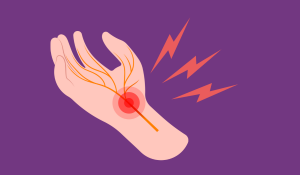
1. Understanding Neuropathic Pain Neuropathic pain results from nerve damage or dysfunction, causing symptoms like burning, tingling, or sharp shooting pains. Common Causes: Symptoms Include:...
Read More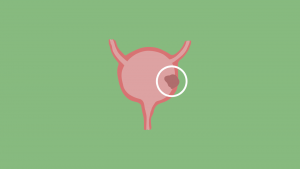
Types of Bladder Diseases Bladder disease, from simple urinary tract infections to interstitial cystitis to bladder cancer, generally affects women more often than men. Women...
Read More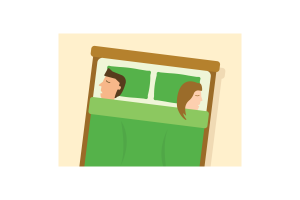
What Causes Libido Pain? Though low libido can occur for any number of personal and physical reasons, it is most often the result of one...
Read More
Cannabidiol, commonly known as CBD, is a chemical found in the cannabis plant and has been recognized as a natural pain management option for people...
Read More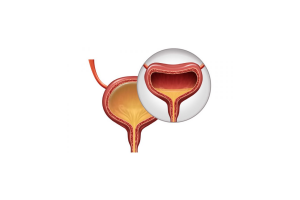
What Causes Bladder Disease? Of the types of bladder diseases out there, cystitis is the one that affects millions of people at least once. This...
Read More
CBD Oil Benefits CBD oil may help reduce heart rate and blood pressure, which are two common health complaints associated with heart function. If you’re...
Read More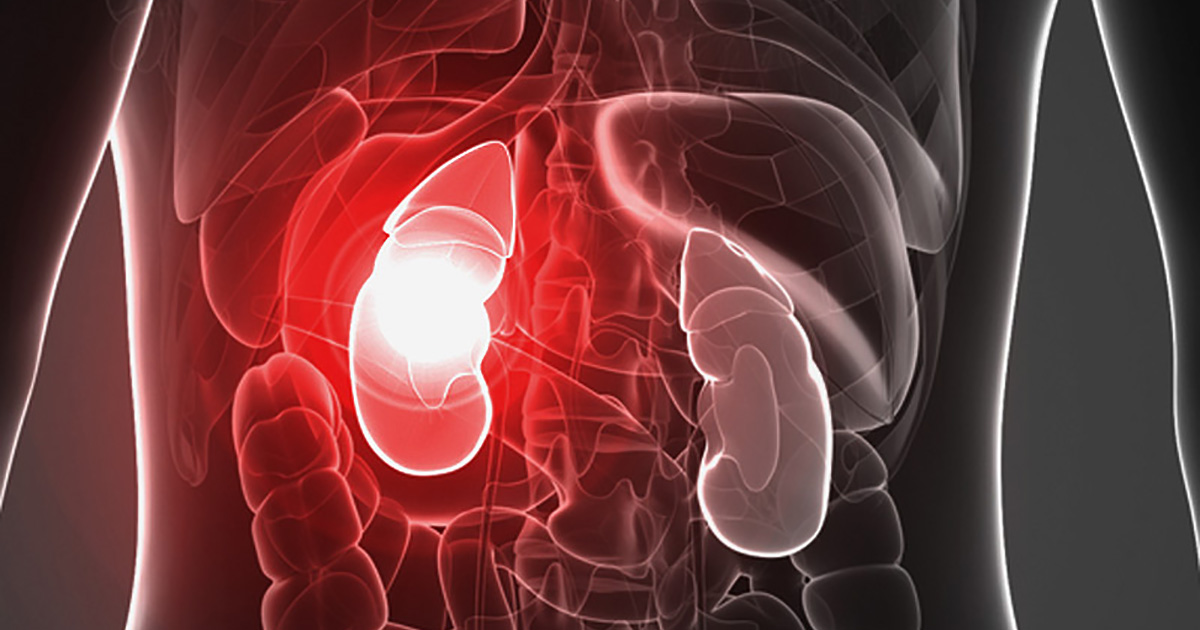
What Causes Kidney Failure? Several health conditions can lead to chronic kidney disease and, eventually, failure. These conditions damage the kidneys, reducing their ability to...
Read More
How Is CBD Different from Other Stomach Pain Conditions? You may remember having stomachaches as a child. These pains can be caused by indigestion, a...
Read More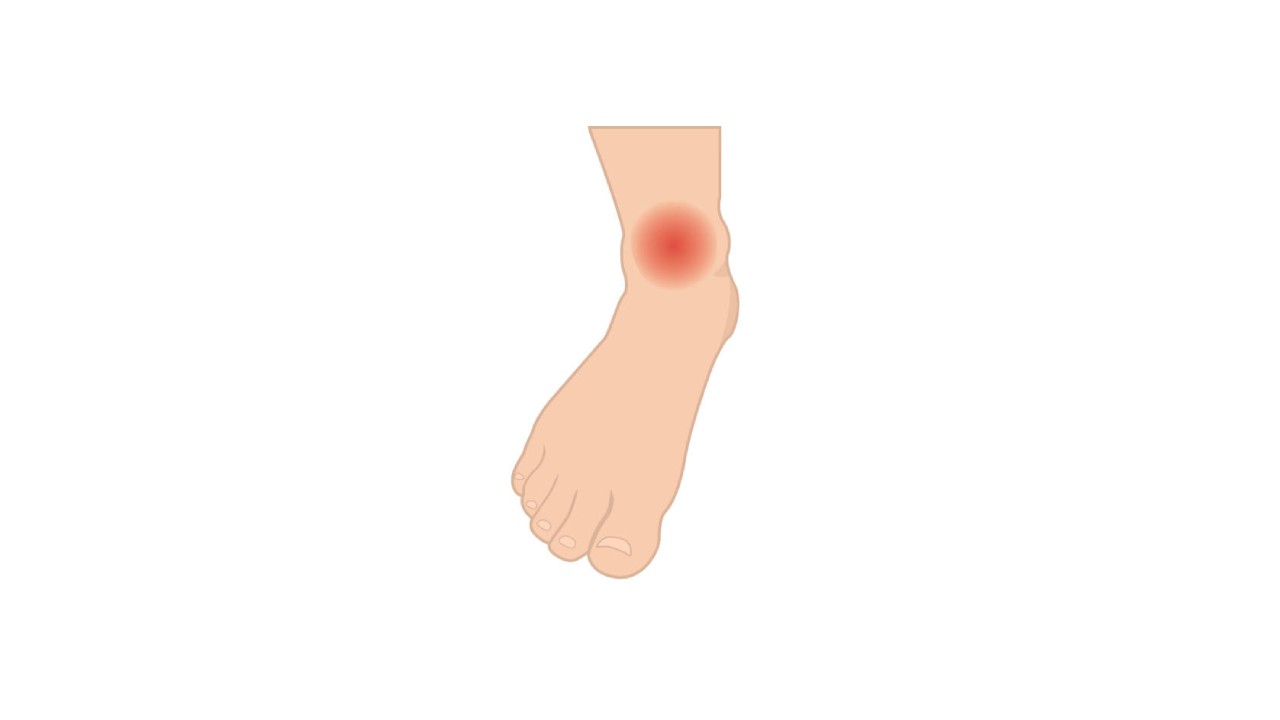
Arthritis can come in many forms and affect many joints, but the ankle joint is a prime target for conditions like rheumatoid arthritis. RA, specifically,...
Read More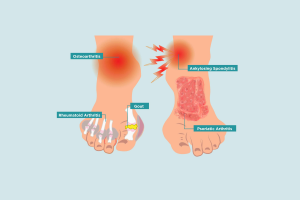
What Causes Different Types of Foot Pain? Human feet are incredibly intricate: Each foot contains 26 bones that are connected by a web of muscles,...
Read More